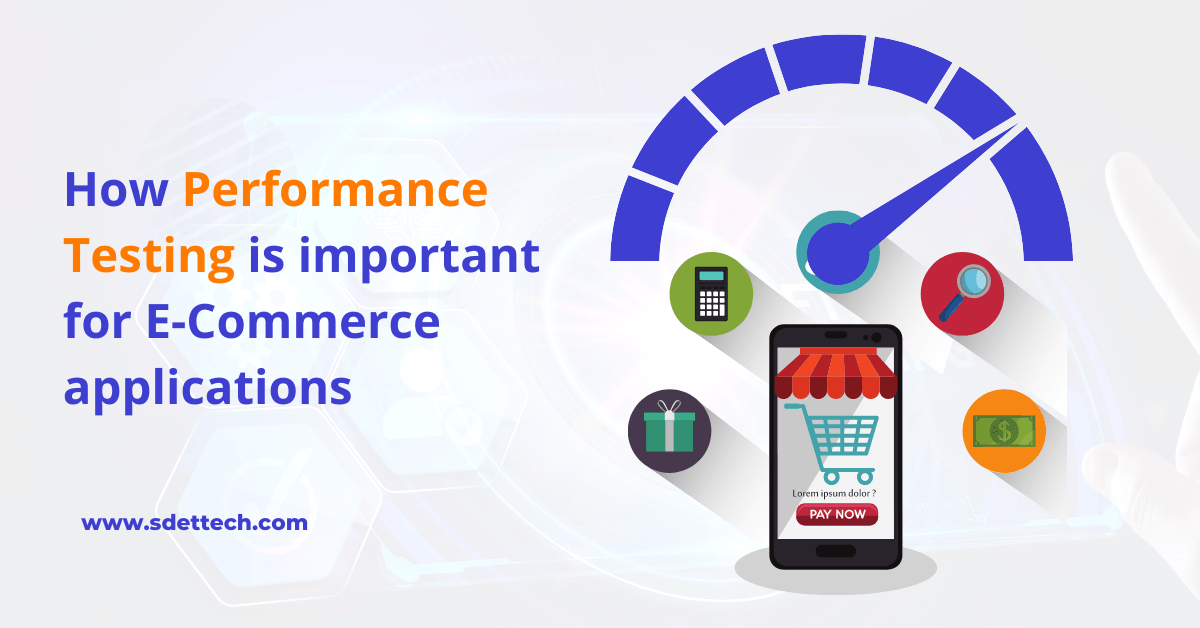
How performance testing is important for e-commerce applications
Introduction :
In a growing business, the websites, apps, and other digital assets will experience a high volume of traffic. With fewer customers opting for physical shopping experiences, websites and apps are more susceptible to crashes and other performance issues.
The performance of e-commerce applications thus relies on testing in order to improve customer engagement.
Performance testing consists of evaluating how software or application performs under specific conditions.
Specifically, performance testing looks at the following criteria as a starting point:
- Speed – How quickly does the application respond to user actions?
- Scalability – How much traffic can the v handle?
- Stability – How reliable is application performance under different loads?
- Responsiveness – How does the application load across varying browsers?
Building trust-based customer relationships
For instance, it allows a product page to load more quickly, giving customers the freedom to browse at a steady pace. Furthermore, performance testing can enable customers to optimize search results – which can make it easier to locate exactly what they want.
Even minor performance issues can undermine customers’ trust in a retail brand. Performance testing of eCommerce and retail apps can assist in detecting bugs and other technical issues which may lead to customer dissatisfaction.
Performance testing in e-commerce may include:
- Load testing: The most basic form of performance testing is to test the application’s performance in the face of an actual workload. In order to uncover patterns in latency and performance, load testing can be useful.
- Endurance testing: This test, also called soak testing, analyzes performance over time. It measures how the application performs under constantly varying workloads over an extended period.
- Stress testing: In order to identify which components are likely to fail, the application is exposed to heavy workload conditions. Stress testing explores how robust an online store is under high traffic loads.
- Spike testing: By dramatically increasing the workload volume, it tests how well the application can handle a sudden spike in traffic. It is used to determine the maximum amount of traffic that an application can handle before performance issues occur.
In conclusion
Getting as much customer mindshare as possible is vital for retail success in e-commerce. Gaining their attention is a surefire way to raise revenue and grow a larger base of customers. It is beneficial to get significant traffic if its performance is flawless and consistent. However, if the application buckles under pressure, it can become a curse.
In the latter case, marketing can lose out on some of its value. Take the example of a retailer that is having a big sale during Black Friday. The website loading time increases at the start of the countdown due to the high amount of traffic. The low performance will be evident, but it does not provide insights regarding message effectiveness.
Thus, we at SDET Tech a software QA/testing company ensure retail businesses can their own growth vision does not become an obstacle to their success by performing performance testing!
